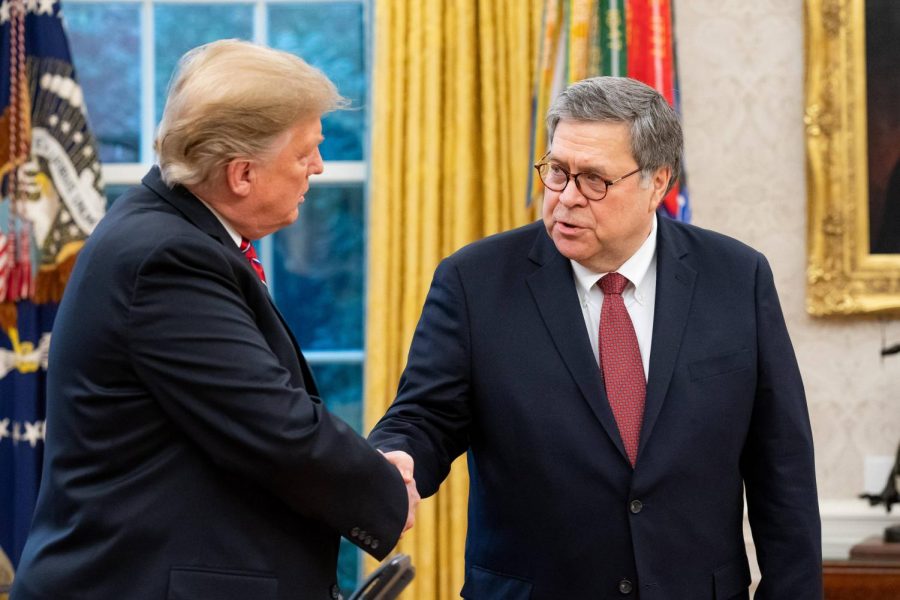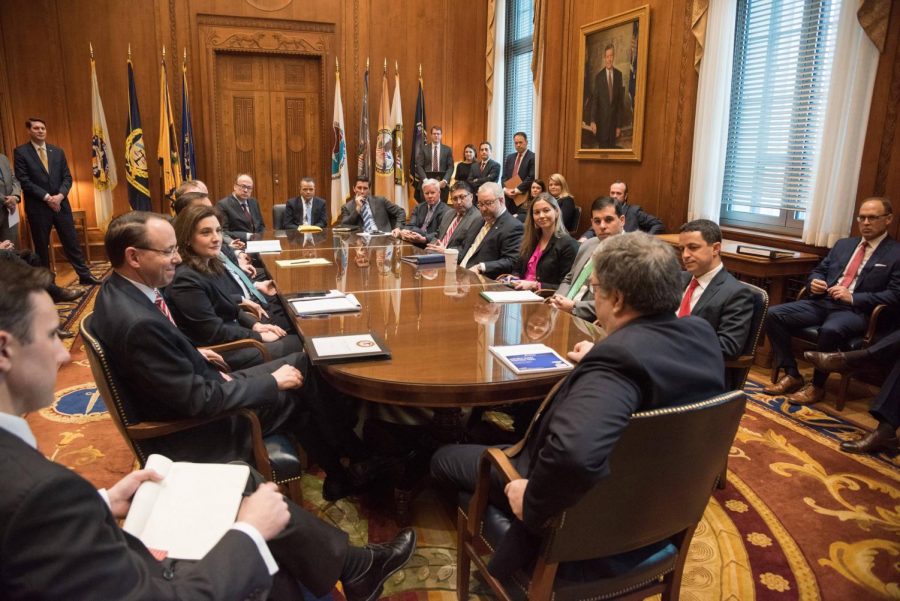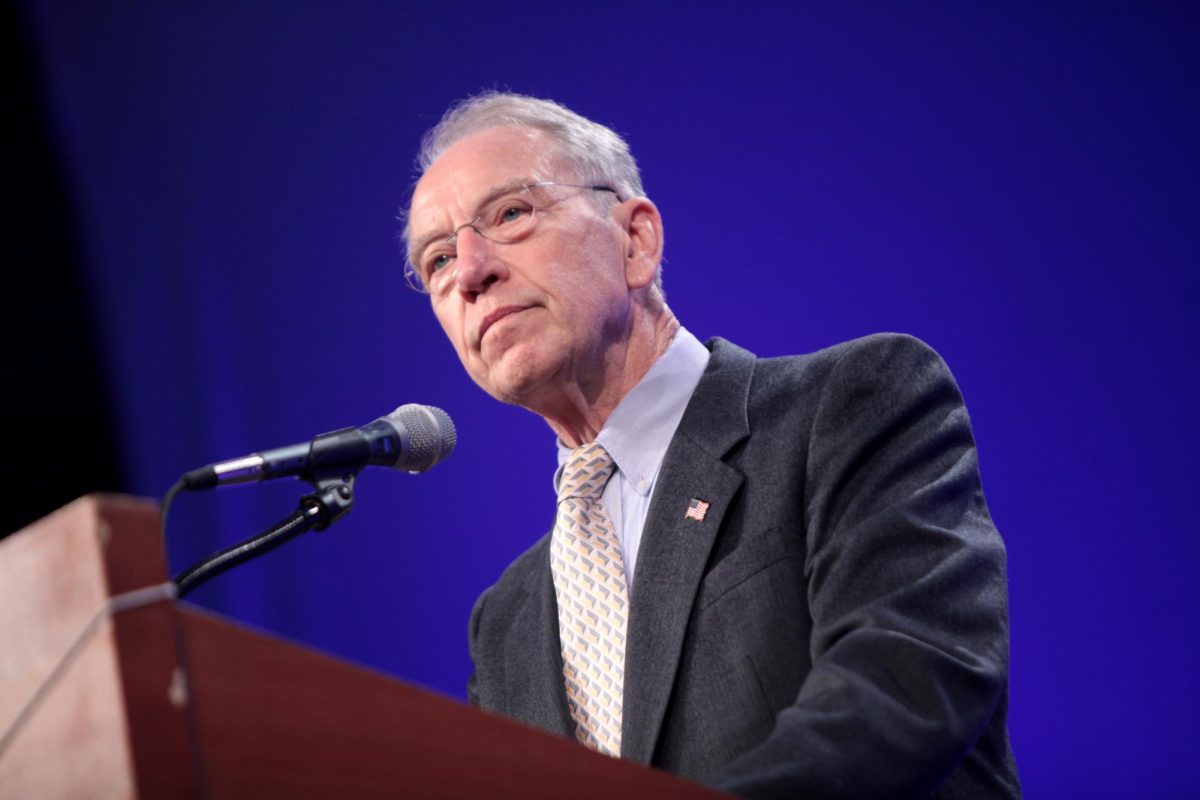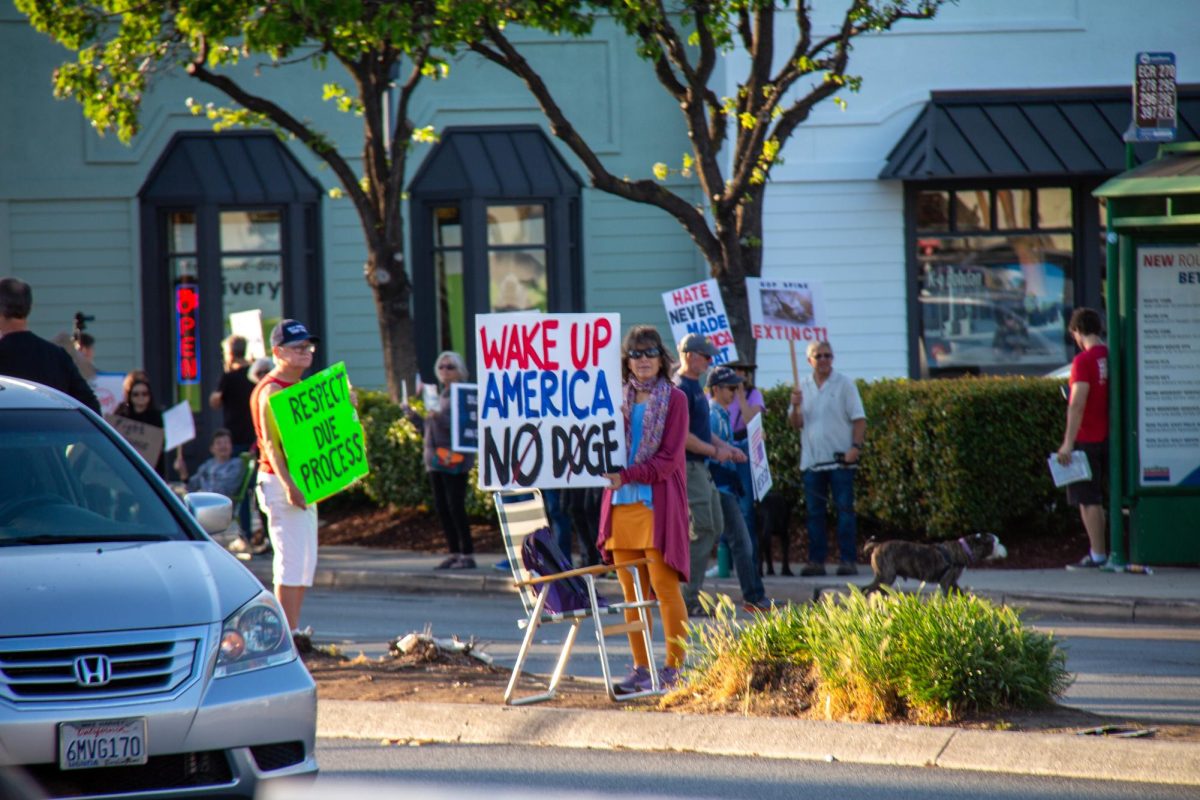William Barr was confirmed by the Senate as the new United States Attorney General last Thursday, handing him control of the Justice Department, all legal advice to the Executive Branch, and, most notably, the Mueller investigation.
Barr had previously served as Attorney General from 1991 to 1993, where he prioritized prosecution of violent crime and oversaw the investigation of covert U.S. financial and military aid to Iraq during the Iran-Iraq War. Barr also pressed for more incarceration in the U.S. prison system. After leaving the Department of Justice, Barr briefly worked with the state of Virginia to reform the state’s criminal justice system. Barr was nominated as the new Attorney General on December 7th, 2018, and confirmed on February 14th, 2019.
Attorney General Barr has had encounters with the Special Counsel’s investigation before his confirmation.
Last June, Mr. Barr authored a 19-page memo to Deputy Attorney General Rod Rosenstein, where he argued against allowing Special Counsel Mueller to investigate Trump’s firing of F.B.I. Director James Comey over potential obstruction of justice.
“Mueller should not be permitted to demand that the President submit to interrogation about alleged obstruction,” Barr wrote in the memo. “Apart from whether Mueller [has] a strong enough factual basis for doing so, Mueller’s obstruction theory is fatally misconceived.”
Later, in August, Barr questioned Mueller’s impartiality in the investigation, bringing up that several members of the investigation had previously donated to Democrats, in a Washington Post story.
“In my view, prosecutors who make political contributions are identifying fairly strongly with a political party,” Barr told the Post. “I would have liked to see him have more balance on this group.”
Many citizens have expressed concern that Barr may more openly interfere with the Special Counsel’s investigation.
“[Barr] had expressed opposition to it far before he was appointed by Trump as the new AG,” Jeff Aalfis, Vice Mayor of Portola Valley, told the Paw Print. “Who’s to say that he won’t interfere more openly now? He now has the controls of the judiciary […] and the President as certainly expressed how he feels about Mueller’s probe.”
Others have noted that Barr had also supported the pardoning of various government officials in the aftermath of the Iran-Contra scandal.
“The guy was Attorney General back in ‘92 and advised the President—Bush 1, at the time—to pardon a bunch of officials after they got caught smuggling weapons into Iran and money into Nicaragua,” asserted Mark Schmidt, a lawyer and local resident. “If I remember right, even the Defense Secretary was caught up in that, and he told Bush to pardon them… and he did. If he was willing to pardon arms sales to our rival and funding death squads in South America, what wouldn’t he pardon now with Trump?”
However, others bring up Barr’s extensive legal and governmental qualifications.
“Regardless of his partisan leaning, Mr. Barr is certainly the best man for the position,” alleged David Ruben, another local resident. “Four years in Columbia, another four in George Washington, plus previous experience as Attorney General… I have full confidence that Mr. Barr will prove to be an excellent public servant.”
Most strongly view that the Special Counsel’s investigation should continue.
“Holding officials accountable is what keeps our government transparent and our people honest,” Aalfis asserted. “That includes the probe. Regardless of whether the President’s administration is innocent or guilty of collusion with Russia, it’s vital that the truth comes out in an open and transparent manner.”
In his confirmation hearing, Barr promised to remain recused from the matter of the Mueller investigation.
“It is in the best interest of everyone—the president, Congress and, most importantly, the American people—that this matter be resolved by allowing the special counsel to complete his work,” Mr. Barr said.













